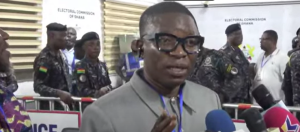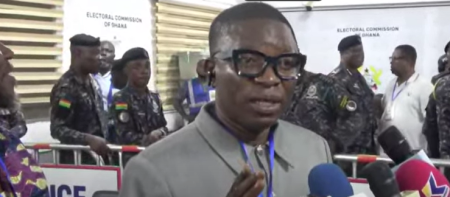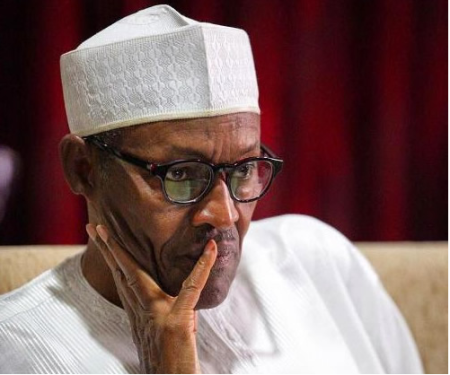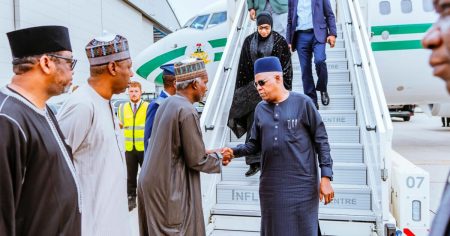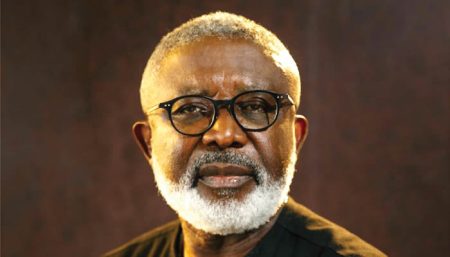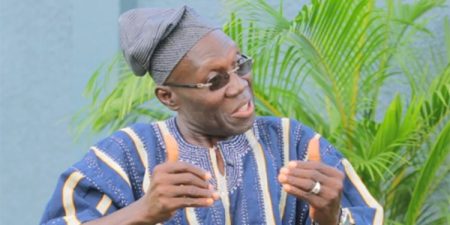The political landscape of Lagos State, Nigeria, recently witnessed a significant, albeit localized, shift in power dynamics with the victory of the Peoples Democratic Party (PDP) candidate, Babatunde Dosunmu, in the councillorship election for Ward D of the Yaba Local Council Development Area (LCDA). This victory, a solitary win for the PDP amidst a sea of All Progressives Congress (APC) triumphs, holds immense symbolic weight, representing a crack in the ruling party’s seemingly impenetrable stronghold in the state. Dosunmu, a former member of the APC, contested and won against his former party, adding a layer of intrigue to the already noteworthy upset. This singular victory stands out against the backdrop of the APC’s overwhelming dominance in the local government elections, having secured the remaining 375 councillorship seats across Lagos State’s 20 local government areas and 37 LCDAs. The outcome in Ward D raises questions about the evolving political allegiances within the state and the potential for future challenges to the APC’s established authority.
Dosunmu’s win represents more than just a numerical shift in local representation; it symbolizes a potential chink in the APC’s armor. In a state where the APC has consistently held sway, this lone PDP victory serves as a potent reminder that political landscapes are not static. It hints at underlying currents of dissatisfaction or shifting allegiances within the electorate, suggesting the potential for future challenges to the ruling party’s dominance. Although a single ward win might seem insignificant in the grand scheme of statewide politics, it serves as a focal point for opposition parties and a rallying cry for those seeking alternative representation. This victory can be viewed as a small seed of change, potentially germinating into a more substantial challenge to the status quo in future elections.
The election in Yaba LCDA was not without incident. Reports indicate that minor skirmishes erupted between supporters of the PDP and the APC on the day of the election. This underscores the intense political atmosphere surrounding the local government elections and the passionate engagement of the electorate. While the clashes were quickly quelled by the intervention of the Lagos State Police Command, the incident serves as a reminder of the potential for political tensions to escalate, particularly in closely contested elections. The swift police response prevented the situation from escalating further and ensured that the voting process could proceed peacefully, allowing residents to exercise their democratic rights without undue disruption.
The broader context of this election reveals a significant disparity in electoral outcomes. While the PDP celebrated its single victory in Ward D, the APC maintained an overwhelming majority, securing the remaining 375 councillorship seats across the state. This disparity highlights the APC’s enduring political influence and organizational strength in Lagos. The party’s established network, resources, and widespread support base contribute to its consistent electoral success. This dominance poses a formidable challenge for opposition parties seeking to make inroads in the state’s political landscape. The PDP’s single victory, while symbolically significant, underscores the uphill battle the party faces in challenging the APC’s entrenched power.
The victory of Babatunde Dosunmu, a former APC member, adds another layer of complexity to the narrative. His defection and subsequent success under the PDP banner raise questions about internal dynamics within the APC and potential fissures within the party’s ranks. It suggests that internal disagreements or dissatisfaction with the ruling party may be contributing to shifts in political allegiances. Dosunmu’s victory could potentially embolden other dissenting voices within the APC and encourage further defections, potentially weakening the party’s hold on power in the long run. His win also serves as a testament to his individual political capital and ability to connect with the electorate, regardless of party affiliation.
Looking ahead, the outcome of this local government election holds several implications for the future political landscape of Lagos State. The PDP’s victory, however small, provides a foothold for the party and a platform to build upon in future elections. It can be leveraged to attract more support and potentially challenge the APC’s dominance in other areas of the state. For the APC, the result serves as a wake-up call, highlighting the need to address any underlying discontent within the party and maintain a strong connection with the electorate. The election also underscores the importance of free and fair elections and the role of security agencies in ensuring a peaceful and transparent electoral process. The relatively smooth conduct of the elections, despite the isolated incidents of violence, reinforces the strength of Nigeria’s democratic institutions and the commitment of its citizens to participating in the electoral process. The results of this local government election will undoubtedly be analyzed closely by political strategists and observers, as they offer valuable insights into the evolving political dynamics of Lagos State and the potential for future shifts in power.



